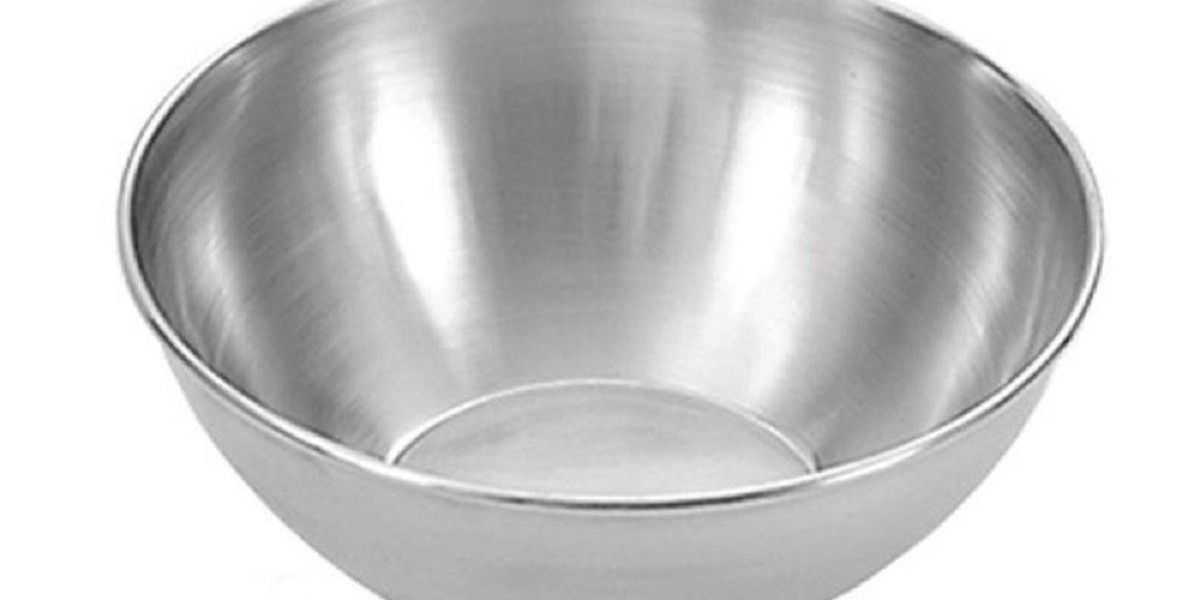Understanding the concept of "checking" is fundamental for anyone. If you are looking to improve your poker game, do not forget about poker check. This article will delve into the meaning of checking in poker. You will know about the strategic use of check in poker and how it can help you avoid losing money.
In anticipation of any poker game, it is crucial to learn all the rules and tips for the game. At other times it can be hard to learn these on your own. However, if you are feeling overwhelmed, it is advisable to read professional review services in order to get several tips. Manitoba online casinos often provide comprehensive guides and resources that can help you understand the game better and improve your skills. These resources can be incredibly beneficial, especially if you're new to the game or looking to refine your strategy.
What Does Check Mean in Poker?
In poker, checking means to decline to bet when it is your turn to act. Before you start playing, you should know what is check in poker. Usually checking is passing the action to the next player. When you check, you keep your cards and see the next card dealt without having to put any money into the pot. However, you can only check if there has been no bet made in the current betting round. If another player has already bet, you must either call, raise, or fold - you cannot check.
The universal sign for checking in poker is to tap the table with your hand.
Strategic Use of Checking in Poker
Checking is a versatile move that can serve various strategic purposes, whether you have a weak hand or a strong one. Here are key scenarios when checking poker is advantageous:
When You Have a Weak Hand
If you have a hand that is unlikely to be the best, checking allows you to see the next card for free rather than having to call a bet. This can prevent you from putting money into a pot when your chances of winning are low.
When Facing a Bet on the Turn or River
If an opponent bets on the turn or river and you only have a single pair, it is often best to fold rather than call the bet. Checking allows you to avoid additional losses without putting more money into the pot.
When You Want to Set a Trap
Checking with a strong hand can sometimes induce your opponents to bet, allowing you to then raise and extract more value from them. This tactic is known as a check-raise and can be highly effective in maximizing your winnings when you have a strong hand.
When to Check in Poker to Avoid Losing Money
To optimize your poker strategy and avoid losing money, it's crucial to know what is a check in poker and the right times to check:
- With a Weak Hand: Check to see the next card for free when your hand is unlikely to win.
- Against Bets on Later Streets: Check and potentially fold against bets on the turn or river with marginal hands.
- To Set Traps: Use checking to induce bets from opponents when you have a strong hand, setting up a profitable check-raise.
Positional Awareness and Checking
Improving your positional awareness at the poker table is crucial for making informed decisions and gaining an advantage over your opponents. Here are some key strategies and tips to enhance your positional awareness:
1. Understand the Importance of Position
Positional Dynamics: Position refers to where you sit at the table relative to the dealer button. This significantly influences your strategy and success. Early position requires a conservative approach, while late position allows for more aggressive play.
2. Adjust Your Strategy Based on Position
- Early Position: Play fewer hands and focus on strong starting hands like high pairs and high-suited connectors. Avoid large bets unless you have a strong hand.
- Middle Position: Play a balanced range of hands, focusing on mid-strength hands like suited connectors and small pairs.
- Late Position: Play more hands, including weaker ones, as you have more information to act on. Use this position to manipulate pot sizes and exert psychological pressure on opponents.
3. Leverage Positional Advantages
- Information Advantage: In late position, you have more information about your opponents' actions before you act. This allows you to make more accurate assessments of your hand's strength.
- Bluff Equity: Late position gives you more bluff equity as you can act last and potentially get more value from your bluffs.
- Pot Size Control: Late position allows you to control the pot size more effectively, which can be decisive in both cash games and tournaments.
4. Practice Positional Awareness in Different Situations
- Early Position: Be cautious and play only with strong hands. Avoid playing too many weak hands as you have less information about your opponents' actions.
- Middle Position: Play a balanced range of hands, adjusting your aggression based on the situation. Focus on mid-strength hands and avoid playing too many weak hands.
- Late Position: Play more hands and use your information advantage to manipulate the pot size and exert pressure on your opponents. Be aggressive with your value bets and bluffs.
5. Continuously Learn and Adapt
- Positional Awareness: Develop a strategy that adjusts to the current hand and anticipates your opponents' likely adjustments. Continuously learn and adapt to changing game dynamics.
- Bankroll Management: Be cautious about playing high stakes in early positions and adjust your bankroll management decisions based on your position.
6. Focus on the Right Hands
- Early Position: Focus on high pairs and high-suited connectors. Avoid playing with too many weak hands.
- Middle Position: Play a balanced range of hands. It includes suited connectors and small pairs.
- Late Position: Play more hands, including weaker ones, as you have more information to act on.
By following these strategies and tips, you can significantly enhance your positional awareness and improve your overall poker game.



